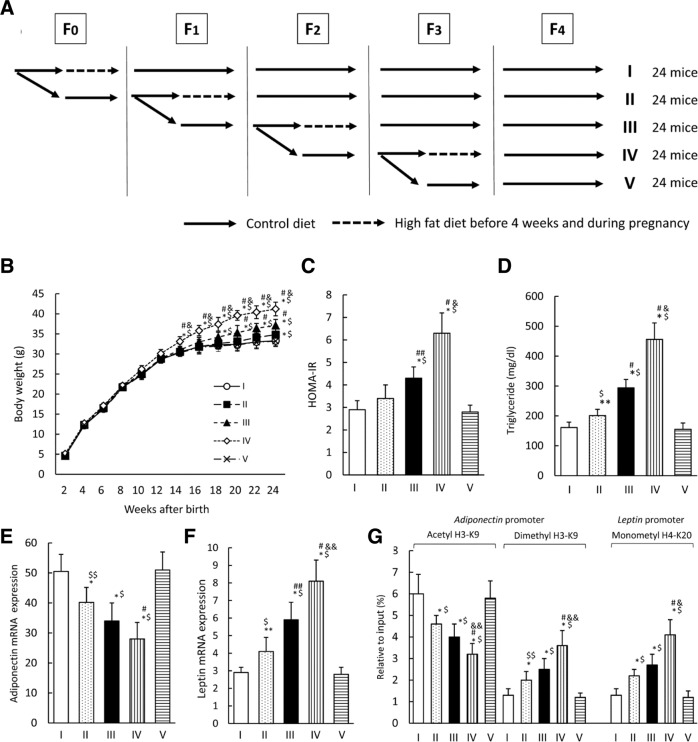Fig. 4. Transgenerational effects on the metabolic phenotype of in utero high-fat diet exposure.
The study by Masuyama et al. investigated transgenerational effects on the metabolic phenotype of in utero high-fat diet exposure in ICR mice. To this end, in utero high-fat diet-exposed female offspring were analyzed for several generations and it was also studied if exposure to a standard control diet can diminish or abolish transgenerational effects of the high-fat diet. A Scheme of the experimental setup. Following groups were generated: female offspring from dams fed with a control diet before and during pregnancy after exposure to a high-fat diet in utero in 3 (I), 2 (II), and 1 (III) generations; female offspring from dams fed a high-fat diet (IV); female offspring from dams fed a control diet in all generations (V). B–F The effects of a control diet before and during pregnancy on offspring after high-fat diet exposure in utero. B Body weight development, C HOMA-IR, D serum triglyceride levels, E mRNA expression of adiponectin, F mRNA expression of leptin, G histone modifications of H3K9 and H4K20 in the promoter regions of adiponectin and leptin in the adipose tissue of offspring in groups I–V. Results are given as mean ± SD; n = 12 females per group; *P < 0.01 and **P < 0.05 versus group V; $P < 0.01 and $$P < 0.05 versus group I; #P < 0.01 and ##P < 0.05 versus group II; &P < 0.01 versus group III. Data are presented as mean ± SD. Reprinted from [65] by permission of Oxford University Press. The figure is not included in the current article’s Creative Commons license.

